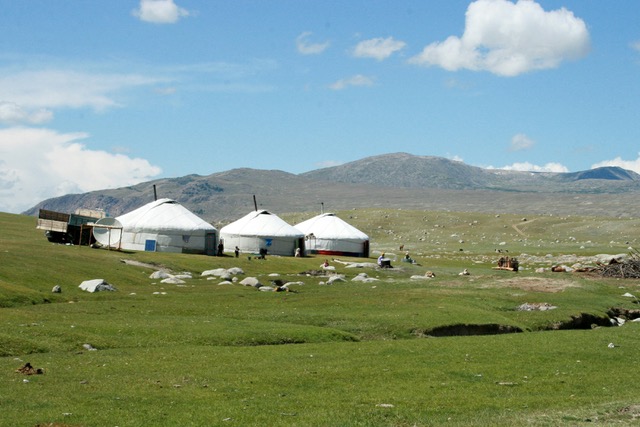India: Bihar Investment in Agriculture Initiative

India: Bihar Investment in Agriculture Initiative
As part of the Bihar Investment Climate Reform Project, JAA conducted in-depth value chain assessments of the sugar and maize sectors in Bihar, India, to determine identify opportunities for private investment, identify the key constraints to attracting this investment, and propose a vision and strategy for improving the competitiveness of each sector. The competitiveness of each sector was hampered by several policy and regulatory issues that increased investor risk throughout the value chain and that limited to scale-driven win-win opportunities within the value chain. In the sugar sector, key decisions included reforming regulations relating to capture areas and pricing to encourage green field investment for multi-product mills (bio-fuels, sugar, and molasses), which would create incentive for investment in milling, farm-level productivity, vertical collaboration in the value chain, and professionalization of inputs supply. In maize, key strategies included investment in professional storage and warehousing, linkage to commodity exchanges, improving access to market information, and providing investment incentives for downstream poultry and fish production. The Government of Bihar (GoB) quickly approved the assessment and recommended strategies. The livelihoods of tens of millions of Biharis are linked to the sugar and maize sectors. Reform of the buyer-seller arrangements and incentives within the value chains must, therefore, be understood and supported by the sector stakeholders. The farmers and GOB decision makers need to be certain of the positive outcomes, and of the value of value chain collaboration for reform. The GoB and IFC therefore asked JAA to continue to work with a public-private dialogue initiative to engage the private sector and overcome bureaucratic resistance. The initial cornerstones of the Bihar Agribusiness Competitiveness Partnership initiative, included the creation of the Agribusiness Competitiveness Partnership, a forum to promote substantive dialogue amongst the private and public value chain actors, and reform of the maize sector. Maize sector reform emphasized (1) private and association investment in warehousing infrastructure and services, and related services; and (2) promotion of a downstream poultry industry to help support an intermediate feed industry. The launching workshop established a public-private Maize and Poultry Task Force (MPTF), to serve as the vehicle for spearheading decision-making relating to and implementation of the maize sector competitiveness and investment strategy. After the initial meeting of the MPTF, and five working groups were formed to target achieving elements of the strategy: Markets & Market Information, Warehousing & Market Infrastructure, High Value Addition, Production, and Poultry. Each working group developed an action plan, and began to investigate business models, market linkage, technologies and engage with potential investors in other States. The informed, public-private nature of the MPTF and the maize sector initiative responded to investors’ needs. Investors have long been interested in the large maize resource in Bihar. The public-private nature of the task force, the well-developed sector strategy, the formal government support that was already achieved, and the possibility of business-to-business relationships all served to move investor interest forward. The MPTF organized an Investors’ Forum and 12 out-of-State investors actively participated. Participants included major businesses in maize export, warehousing, starch production, equipment, commodities exchanges, and market information. The public-private dialogue activities moved faster and deeper than expected and prepared IFC and Bihar stakeholders for follow-on implementation of specific investments. The discussions identified crucial actions and decisions that GoB needed to take regarding the process for land acquisition and other reforms, and highlighted improvements that are needed in the approaches used for investment promotion and facilitation.
Duration: 2008 - 2008



